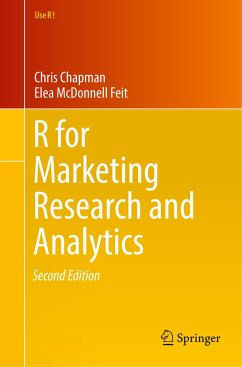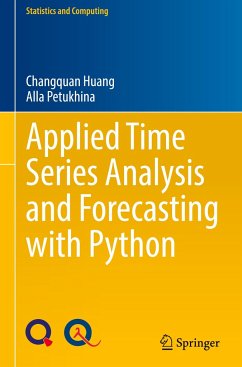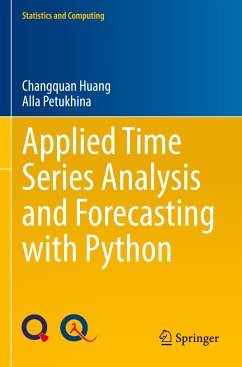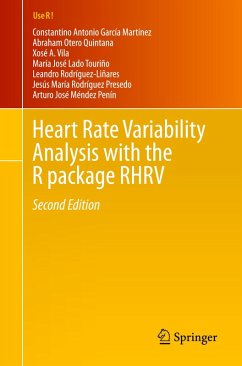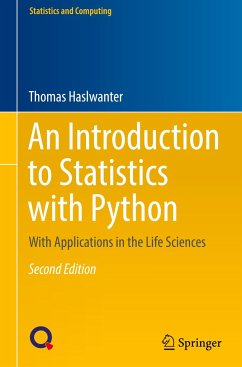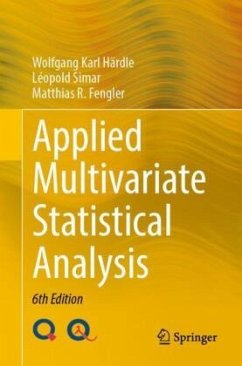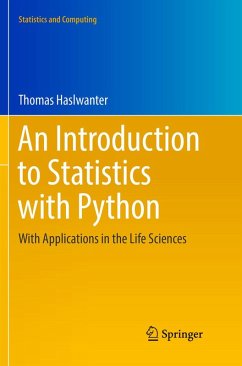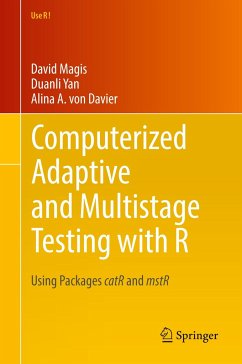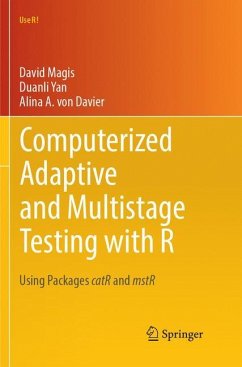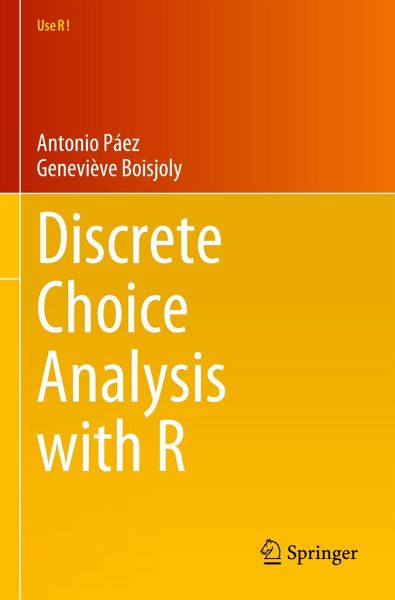
Discrete Choice Analysis with R
Versandkostenfrei!
Versandfertig in 6-10 Tagen
76,99 €
inkl. MwSt.
Weitere Ausgaben:

PAYBACK Punkte
38 °P sammeln!
This book is designed as a gentle introduction to the fascinating field of choice modeling and its practical implementation using the R language. Discrete choice analysis is a family of methods useful to study individual decision-making. With strong theoretical foundations in consumer behavior, discrete choice models are used in the analysis of health policy, transportation systems, marketing, economics, public policy, political science, urban planning, and criminology, to mention just a few fields of application. The book does not assume prior knowledge of discrete choice analysis or R, but i...
This book is designed as a gentle introduction to the fascinating field of choice modeling and its practical implementation using the R language. Discrete choice analysis is a family of methods useful to study individual decision-making. With strong theoretical foundations in consumer behavior, discrete choice models are used in the analysis of health policy, transportation systems, marketing, economics, public policy, political science, urban planning, and criminology, to mention just a few fields of application. The book does not assume prior knowledge of discrete choice analysis or R, but instead strives to introduce both in an intuitive way, starting from simple concepts and progressing to more sophisticated ideas. Loaded with a wealth of examples and code, the book covers the fundamentals of data and analysis in a progressive way. Readers begin with simple data operations and the underlying theory of choice analysis and conclude by working with sophisticated models includinglatent class logit models, mixed logit models, and ordinal logit models with taste heterogeneity. Data visualization is emphasized to explore both the input data as well as the results of models. This book should be of interest to graduate students, faculty, and researchers conducting empirical work using individual level choice data who are approaching the field of discrete choice analysis for the first time. In addition, it should interest more advanced modelers wishing to learn about the potential of R for discrete choice analysis. By embedding the treatment of choice modeling within the R ecosystem, readers benefit from learning about the larger R family of packages for data exploration, analysis, and visualization.






